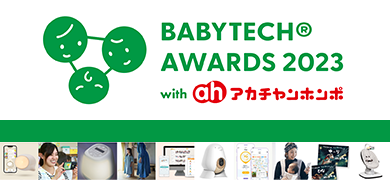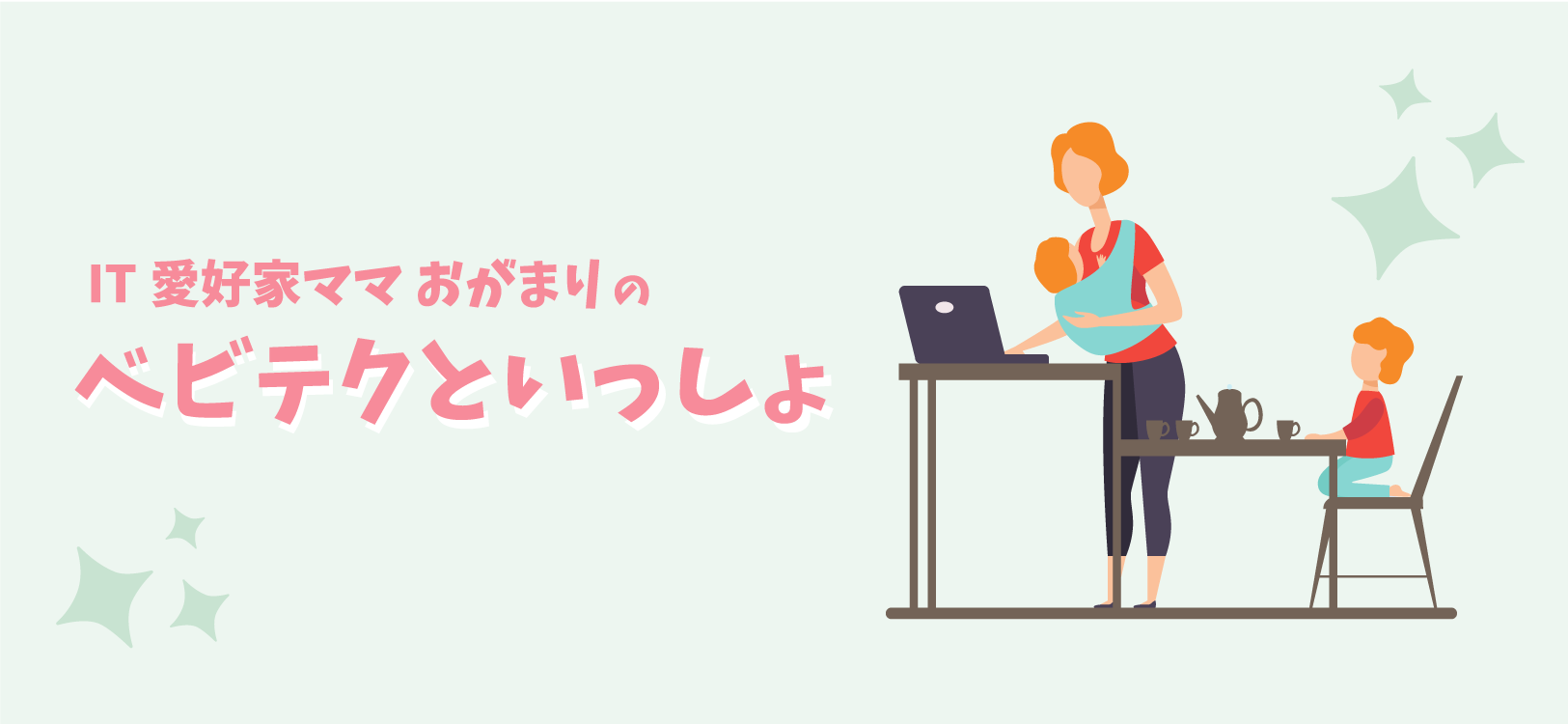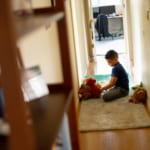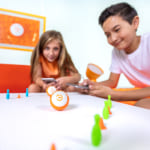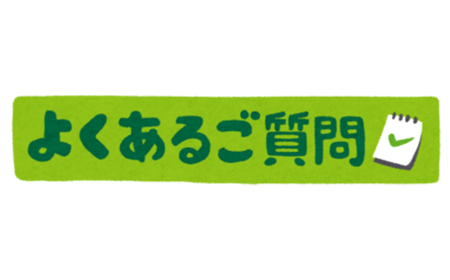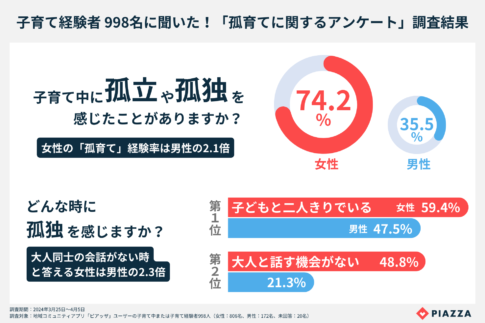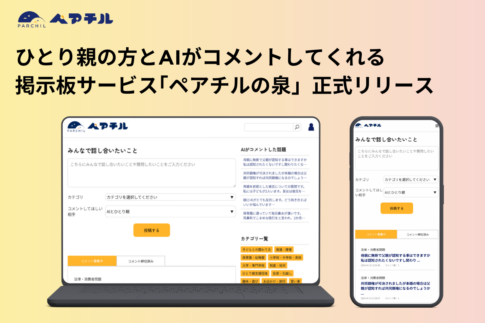
THE WHO (INTERNATIONAL HEALTH ORGANIZATION) DISTRIBUTES CHILDCARE ADVICE MATERIALS UNDER THE NEW CORONAVIRUS INFECTION EXPLOSION, WHICH ARE GRAPHICAL, BUT THERE IS NO JAPANESE VERSION AND IT IS ALSO A DIGEST.
WHO:Coronavirus disease (COVID-19) advice for the public: Healthy Parenting
The 'Tips for raising children at home during the COVID-19 infection explosion' published by UNICEF (United Nations Children's Fund), which is also introduced in this document, was carefully written in English and has been translated into Japanese using the DeepL translation, which has a reputation for high translation accuracy in recent years, and the difficult-to-comprehend expressions have been corrected. The following is a translation of the original. (Therefore, there is a possibility of translation errors. Please let us know if you notice any errors.)
It may be a good idea even in normal times to look at overseas childcare information, as overseas information can also be found using these translation websites.
Original article UNICEF:Tips for parenting during the coronavirus (COVID-19) outbreak
1. one-on-one time
Can't go to work? School holidays? Worried about money? It is normal for you and your child to feel stressed and overwhelmed.
School closures are also an opportunity to build a better relationship with your child or teenager. One-to-one time can be freeing and fun. It makes children feel loved and secure and shows them that they are important.
( Click here for a WHO poster on the same subject in English )
Allow time to spend with each child.
It can be just 20 minutes or more. Making time for each child to monopolise the parent or guardian at the same time each day will give the child or teenager something to look forward to.
Ask your child what they want to do.
Making choices builds children's confidence. If your children want to do something but cannot spend time physically away from each other to prevent infection, this is a chance to talk to them about it.
Ideas with Babies and Toddlers
Imitate facial expressions and sounds.
Sing songs and make music with pots and spoons.
Stack cups and blocks.
Tell stories, read books and share pictures.
Think about this with your little one.
Read a book or look at pictures.
Go for a walk - outdoors or around the house without crowds.
Dance or sing to music, being aware of your surroundings.
Do household chores together - make cleaning and cooking a game.
Help with school work.
Thinking with Teenagers.
Talk about things you like - sports, music, celebrities, friends.
Go for a walk outdoors without crowds.
Exercise together to your favourite music, being mindful of your surroundings.

